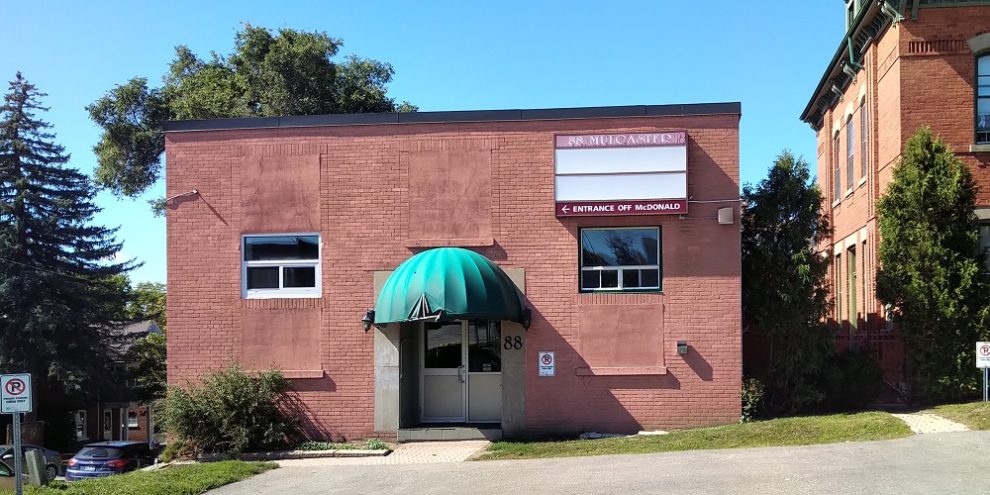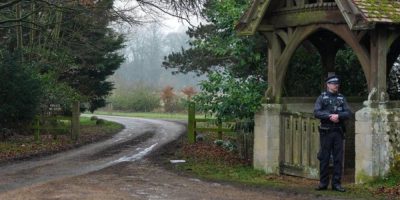
Even though Toronto city council scrapped on Wednesday a recommendation to keep its warming centres open 24-7 for the rest of winter, Sarah Peddle, executive director of the Busby Centre, says they would like the opportunity to have round-the-clock warming centres during the winter in Barrie.
Toronto councillors have opted instead to call for more federal support and have staff study the idea further.
The County of Simcoe opened a temporary homeless shelter for the winter at 20 Rose Street with 50 beds, which Peddle says are full nearly every night, but people are only allowed to be there between 7 p.m. and 10 the next morning. The facility is run by the Busby Centre, which also operates a shelter at 88 Mulcaster Street, with room for 50 beds at night and can provide warmth to about 17 to 20 people during the day.
During the recent cold snap, Peddle says they were asked to keep the Rose Street facility open throughout the day.
There is also a warming centre at Collier Street United Church, but like those in Midland and Orillia, they only open if the overnight temperature is going to be minus 15 or colder.
"At zero, it's cold," says Peddle.
Warming centres funded by the county are available for 45 days during the winter.
"I know all the warming centres were doing their best, and the shelters were doing their best to keep people inside," she says about the bitter cold experienced last week.
Things are just as dire for the youth homeless population in Barrie, according to Youth Haven executive director Lucy Gowers. She agrees with Peddle's assessment that the city's homeless situation is a crisis.
"We have 19 youth staying at the shelter, and we have two overflow beds that will be used in extreme weather."
Gowers says youth are even further disadvantaged because they lack the means to secure shelter.
"They don't have the financial resources, credit history or basic life skills needed."
The Ontario Human Rights Commission on Friday expressed concern about the "significant lack of cold weather services in Toronto, and across the province, for people experiencing homelessness." It called on the government at all levels to limit what it called "historic and ongoing systemic discrimination" faced by homeless people.
Declaring homelessness a public health crisis, a call that is growing louder in Toronto, goes beyond just mental health and addictions, says Peddle. She says there are homeless in Barrie who are in their senior years, others have diabetes and cancer, and some of them are in encampments.
"Having to be outside for long periods of time or residing outside can cause a multitude of health issues."
On the housing front, Peddle has beaten this drum before, and she intends to keep banging it.
"We need supportive housing. I know there is a big call to action across the province and the country right now, and we needed it like yesterday," says Peddle. "The in-flow of homelessness is just getting worse because the economy is really challenging, and the housing market is really challenging."
But she says it goes beyond the need for more housing.
"We need to put more appropriate investments into the emergency response right now because we're in a crisis," Peddle explains. "We have people that are living on our streets in encampments, going to emergency services to stay warm, and our shelters are overcrowded, and we need to be doing better."
"We need to have more tools in the toolbox for the emergency services to make sure that we can keep people alive."
Banner image: Youth Haven emergency shelter - Barrie 360 file photo





